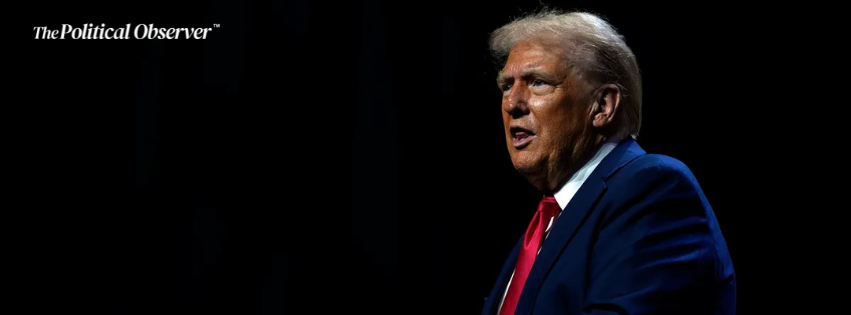Washington DC, July 19 — U.S. President Donald Trump has once again claimed that he personally averted a major conflict between India and Pakistan by leveraging trade negotiations, calling the move a critical intervention that stopped a potential nuclear showdown.
Speaking at a public event on Saturday, Trump recalled the tense period following what he described as a “serious escalation” between the two nations. “Planes were being shot out of the sky. I think five jets were downed. These are two serious nuclear countries, and they were hitting each other,” he said. Trump asserted that his administration intervened at a critical moment: “We got it solved through trade.”
According to Trump, the United States pressured both India and Pakistan to de-escalate by tying ongoing trade discussions to peace efforts. “We said, you guys want to make a trade deal. We’re not making a trade deal if you’re going to be throwing around weapons, and maybe nuclear weapons,” he stated, suggesting that economic leverage was key to diffusing tensions.
Earlier in the week, Trump reiterated similar claims during a meeting with NATO Secretary General Mark Rutte, declaring, “India and Pakistan would have been in a nuclear war within another week, the way that was going.”
He again emphasized his administration’s strategy of linking diplomacy to trade: “We said we are not going to talk to you about trade unless you get this thing settled—and they did.”
This is not the first time Trump has made such claims. In June, aboard Air Force One, he had remarked that the India-Pakistan standoff posed a potential “nuclear problem,” and that his administration quietly resolved it. “I did something that people don’t talk about, and I don’t talk about very much, but we solved a big problem,” he said.
Trump did not provide specifics on the timeline or the trade deals involved, and both India and Pakistan have not publicly confirmed his version of events. Nonetheless, the remarks have sparked renewed debate over the role of external influence in South Asia’s complex geopolitical tensions.



